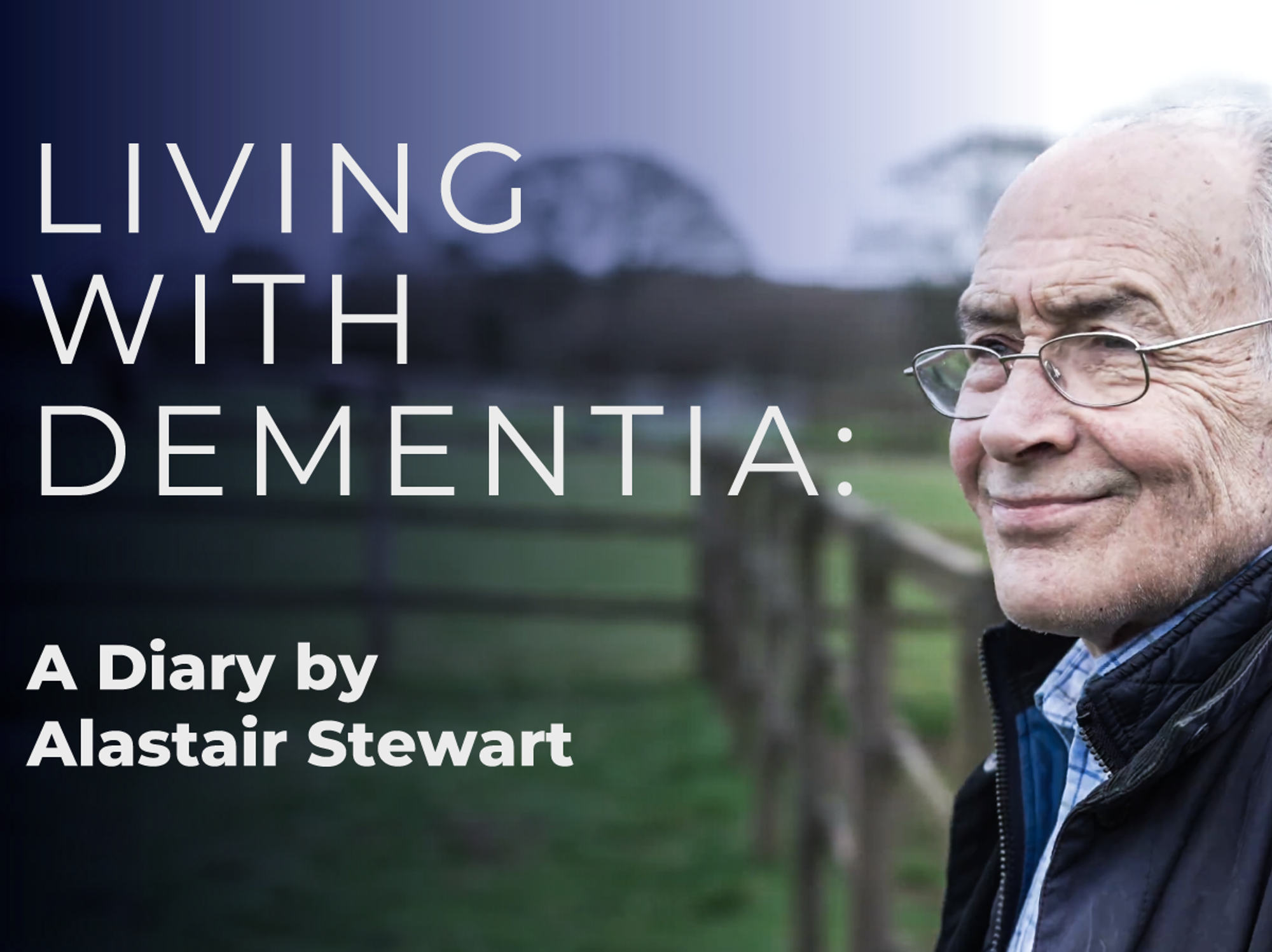We must all have relatives whose lives have been taken in conflict
Don't Miss
Most Read
Trending on GB News
Dulce et decorum est pro patria mori.
One of the most poignant lines ever written in poetry, a choking line thrown in cruel juxtaposition to the vignette of harrowing images of legions of men, many of them barely beyond boyhood, sacrificing their lives in the most revolting, hellish, and inhuman of warscapes during the First World War under chlorine attack, bent like beggars.
It is sweet, and fitting, to die for one’s country, wrote Wilfred Owen of the old lie, as he was being treated for shellshock in a Scottish hospital, about the global conflict that was supposed to end all conflicts.
Peace finally rang out in peels of bells across a battered and bludgeoned continent on this day, 103 years ago, the scars of which still lattice the landscape of Flanders and Northern France.
Yet the peace was short lived and the UK, as many other countries across the globe, has continued to engage in fighting at home and abroad. Today, we must all have relatives whose lives have been taken in conflict.
Irwin Wilcox
For me, my Great Grandfather Irwin Wilcox, service number 47169, a gunner in the Royal Artillery died more than a decade younger than I am now, his grave a white headstone alongside 1724 others in the Cemetiere Philosophe in Mazengarbe, France laid out in rows in a field where the locals still tend the fallen heroes. He left a pregnant wife whose son Francis would go on to join the RAF and serve in North Africa during World War 2, driving munitions across the desert, too busy to take in the spectacle of the pyramids.
Frank
Frank’s wife, Iris, my beloved Grandma, with enormous needles clenched between her teeth, sewed the canvas wings on the earliest aircraft of the Second World War at the Gloster factory.
She would tell me the tale of the rows of girls cowering under work benches at the roar of an invading airborne attack before a voice came over the tannoy to instruct them to get out from their shelter as what they were hearing was the sound of the very first jet engine built by Frank Whittle placed into their fuselage of their craft, the Gloster E28, which went on to become the famous Gloster Meteor. How they cried and cheered and banged their tools on their desks with jubilation and pride.
Iris
We remember them as we remember all of those who have given their lives in conflict to protect us back at home, who have duly served to advance the interests of their nation at the behest of their rulers. Those who have been maimed, those who continue to suffer psychologically, physically and socially. Yet while we extol the significance of the eleventh minute of the eleventh hour on the eleventh day, so many of those who followed in the footsteps of the millions before them who engaged in the war effort, trod on the battlefield, fought on the front line, are not remembered.
Many are simply forgotten. Discarded. Left with life altering injuries and psychiatric trauma. Some are found homeless, quaking in subways swaddled in dirty sleeping bags. Some are tossing and turning, praying for respite from haunting flashbacks that sabotage their subconscious. Some are facing criminal trials for actions in conflict retrospectively judged by the standards of civil society. Some must live the rest of their lives debilitated and dependent on those who depended upon them.
Today, on Armistice Day, we really need to talk about veterans.












